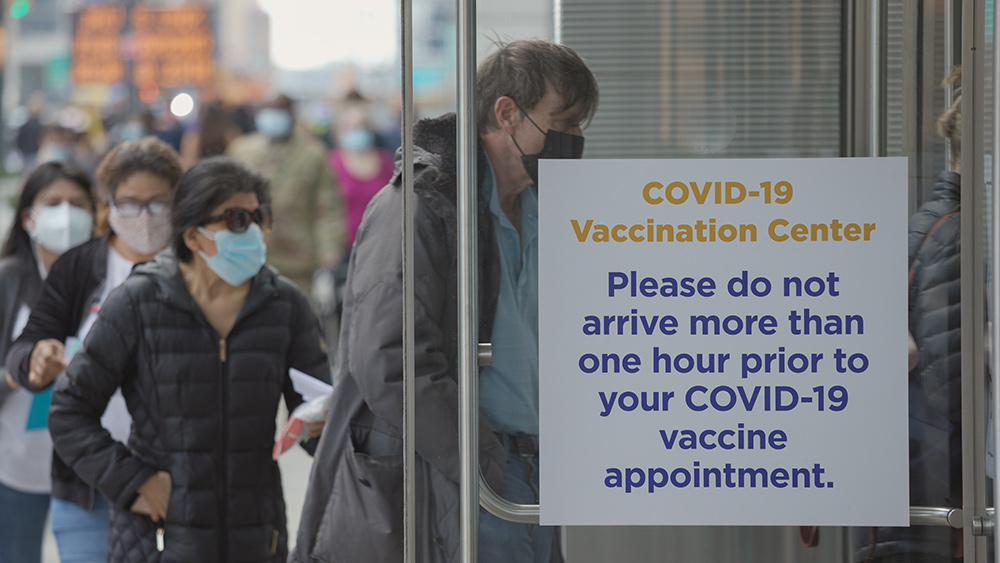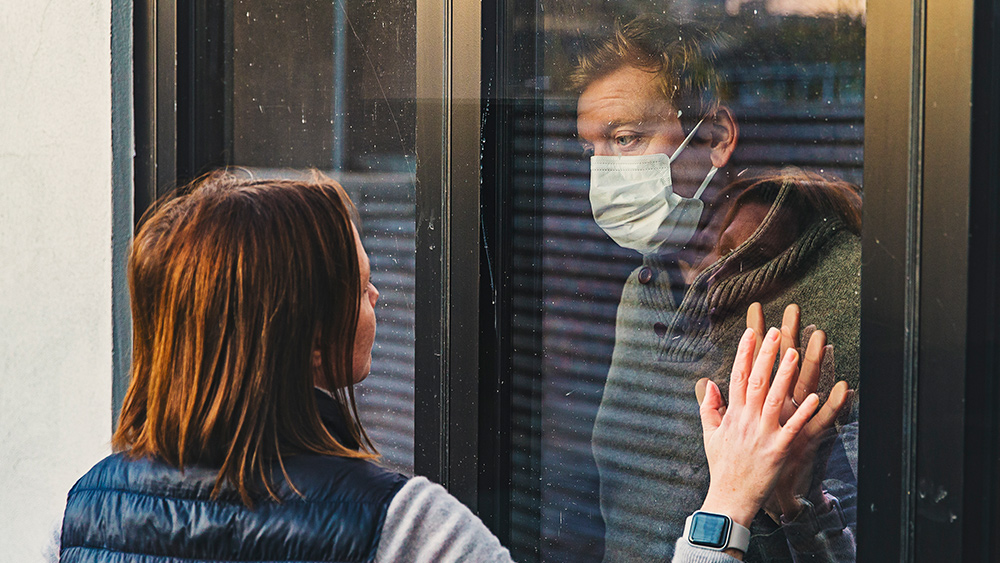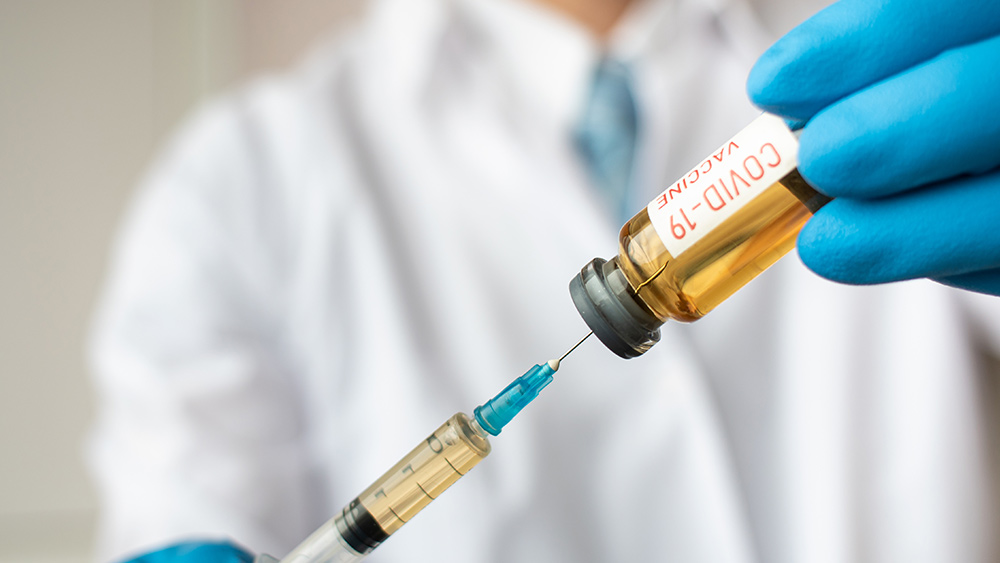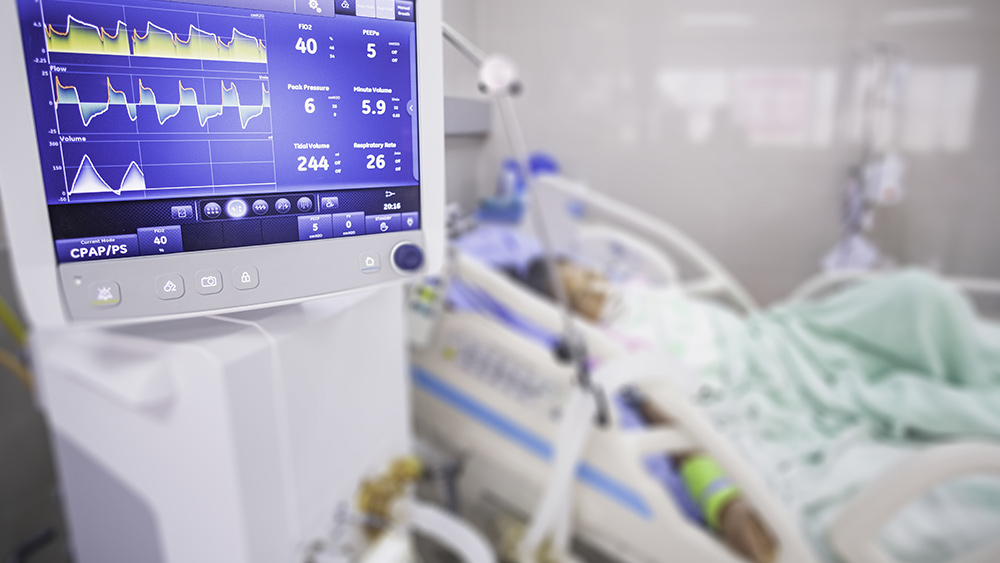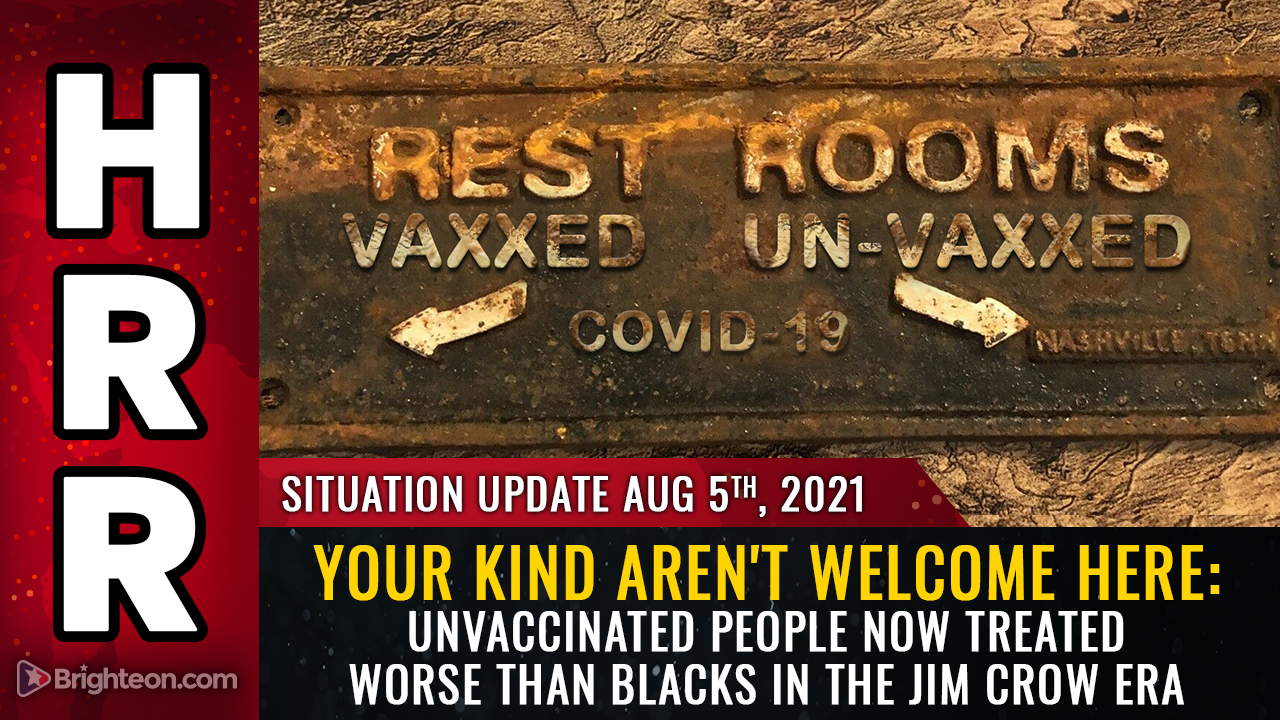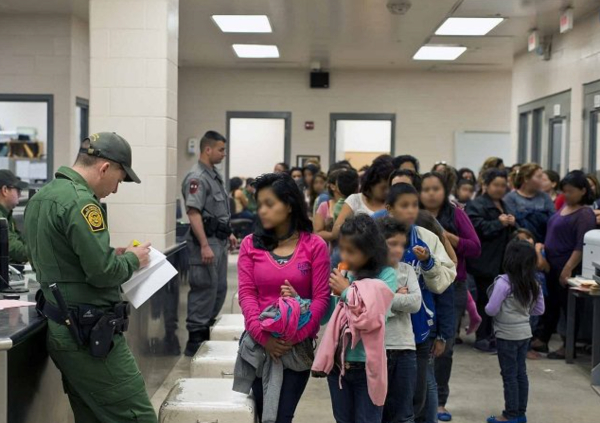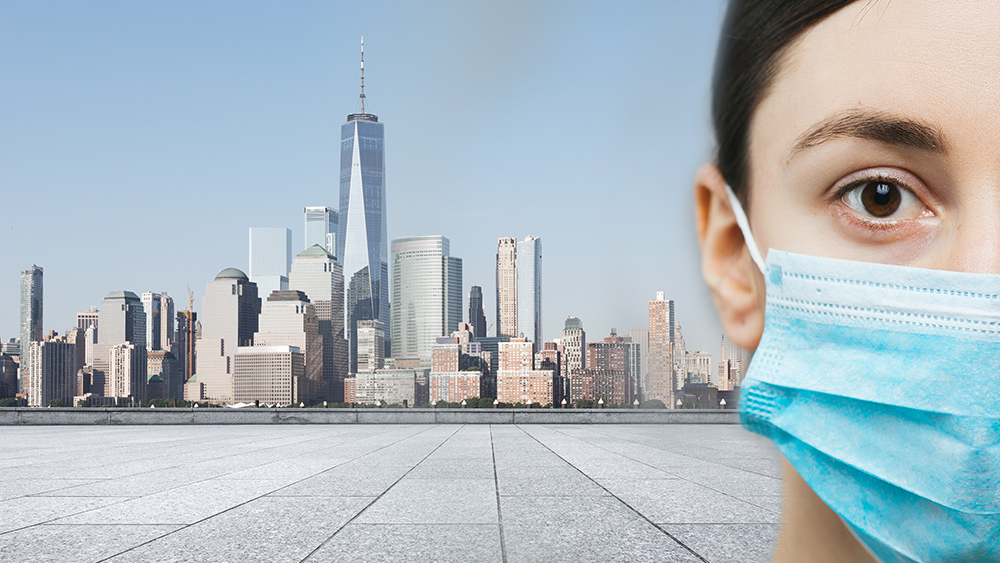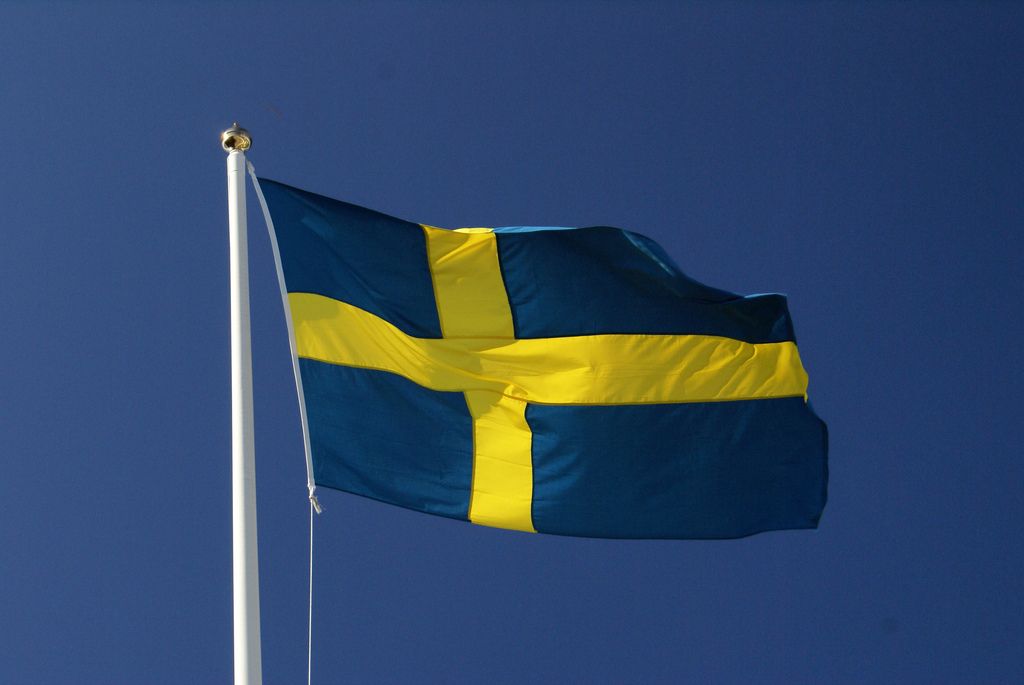COVID-19 survivors have long-lasting immunity, and when they get reinfected, they’re less likely to spread the virus, research shows
08/06/2021 / By Mary Villareal

Individuals who survive COVID-19 infections are shown to have longer-lasting immune responses against the virus. However, COVID-19 survivors can still get reinfected, but those who do show lower viral loads. They are also likely to suffer fewer symptoms, suggests new data.
Scientists claim that studies taken from 20,000 Britons show proof that the disease is becoming milder upon reinfection and less likely to spread to others after.
“People were more likely to report symptoms within 35 days following the first observed positive test in their initial episode than in their reinfection episode, suggesting that reinfections may be more likely to be asymptomatic,” the researchers said.
The Office for National Statistics (ONS) began examining individuals who had previously survived the SARS-CoV-2 virus to determine the risk of getting reinfected. Of the nearly 20,000 people they studied between April 2020 and July 2021, only 195 went on to catch the infection for a second time, or one percent.
Government statisticians looked at the cycle threshold values of the subjects and compared scores between infections. Only a quarter of the participants who were reinfected were seen to have a high viral load. In contrast, two-thirds of the participants had a high viral load from their first test.
Among the group, 93 had symptoms the first time they were infected, while 38 had the same symptoms the second time they caught the virus.
Akiko Iwasako, an immunobiologist from Yale University said, “This [new] study does provide some comfort that naturally acquired antibodies are pretty effective in preventing reinfections.” (Related: Study: Pfizer vaccine less effective against COVID-19 Delta variant.)
Reinfected individuals can potentially spread virus
The ONS filing should not come as a surprise. Professor Jonathan Ball of the University of Nottingham said, “These findings show past infection results in immunity that provides good, but not absolute, protection from reinfection, at least over a relatively short time period.”
“Even in those people who were reinfected, the levels of virus in their nose and throat were lower compared to viral loads seen during a first infection. This suggests that their pre-existing immunity, whilst not preventing infection, does effectively dampen down virus replication second-time around,” he explained. “This is important because it means people reinfected are less likely to suffer serious disease, and also the chances of them passing on the virus to others is reduced.”
“We now know that most of those who have had the virus, and developed antibodies, are protected from reinfection, but this is not total, and we do not yet know how long protection lasts.” Susan Hopkins, a senior medical adviser at Public Health England and the study lead, said in a statement.
This means that for those who have COVID-19, while it is unlikely that they get sick again anytime soon, should still consider themselves potential spreaders of the disease to others. This means it is important to take precautions such as wearing masks and social distancing.
There is not enough data to know how long protective immunity lasts after getting COVID. Scientists know that reinfection can happen, and immunity that comes after likely varies from person to person. It seems that it is a more sure way of protection against delta or future strains that may come along.
Researchers who have been investigating how likely people can get COVID a second time noted that the variant could evade natural antibodies after infection. By looking at blood drawn from 162 patients, scientists found that antibodies from people previously infected didn’t neutralize delta very well.
Read more about COVID-19 updates at Pandemic.news.
Sources include:
Tagged Under: coronavirus, covid-19, Delta Variant, health, immunity, infectious diseases, medical research, Medicine, pandemic, Science & Tech, vaccination, vaccine



